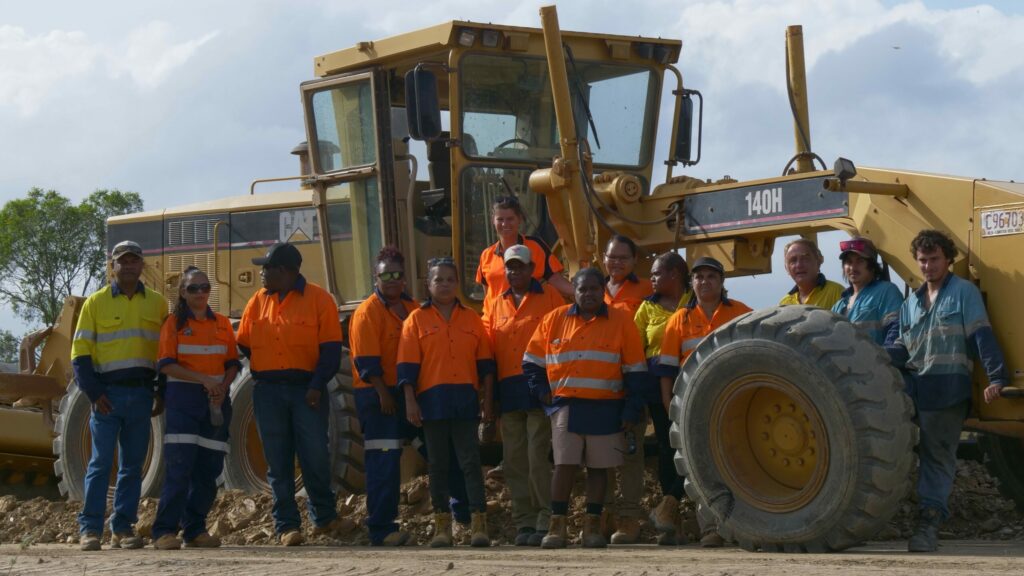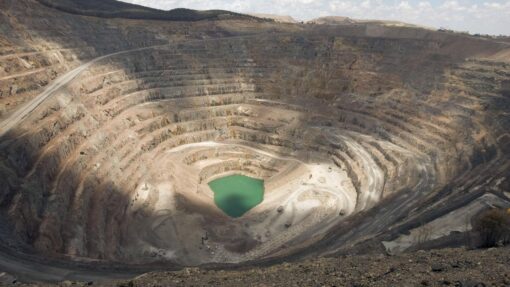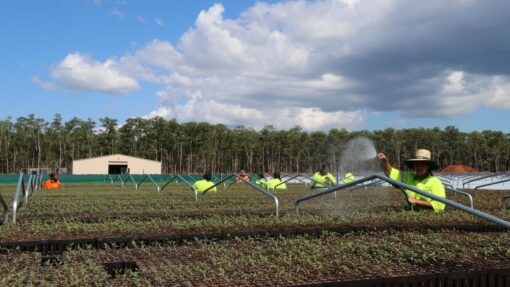Heavy machinery training helps Indigenous women break new ground
Richard Dinnen - Queensland Editor |

Pic: Learning to operate heavy machinery at Lakeland, far north Queensland (Cape York Natural Resource Management)
Far north Queensland Indigenous women have been learning to operate heavy machinery in a program to boost skills and employment in the region.
Cape York Natural Resource Management co-ordinated the training for women from Hopevale, Laura, Cooktown and Mossman at a gully erosion remediation site at Lakeland.
Sustainable Industries and Water Quality Manager Michael Goddard said earlier programs had mostly male participants, and this was the first female-only training.
“All of the women were successful in gaining Level 1 tickets in roller, skid steer, and loader operations so we’re pretty happy with these results.
“The training was developed to encourage more women to improve employable skills and increase understanding on how to manage erosion.”
Gully erosion is a major problem on Cape York Peninsula, where heavy rain and water-flow washes sediment through river systems into the Coral Sea or Gulf of Carpentaria. Gullies damage pasture, wreck fences and cause injury to cattle.
Fenice Yoren, from Hopevale, said she wants qualifications to get earth-moving work on Cape York.
“The all-women training was a lot of fun, with a lot of laughter. I did similar training last year in a mixed group. It was a bit frustrating, we didn’t get as much time on the machines.”
Anselm Harrigan, from Normanby Station, was back for his second stint as an Indigenous cultural liaison.
“I think it’s a fantastic idea. It gives them an opportunity to get out there, and doesn’t make them think in an Indigenous way, you know, that men have got to do everything and they’ve got to stay put in the camp.
“There are a lot of people out there looking for operators, and females now are stepping up. It’s good to see all the young rangers and people coming through keen to get their machinery tickets.
“It’s good for a future resource, especially in remote communities where they don’t get a lot of opportunities,” Mr Harrigan said.



